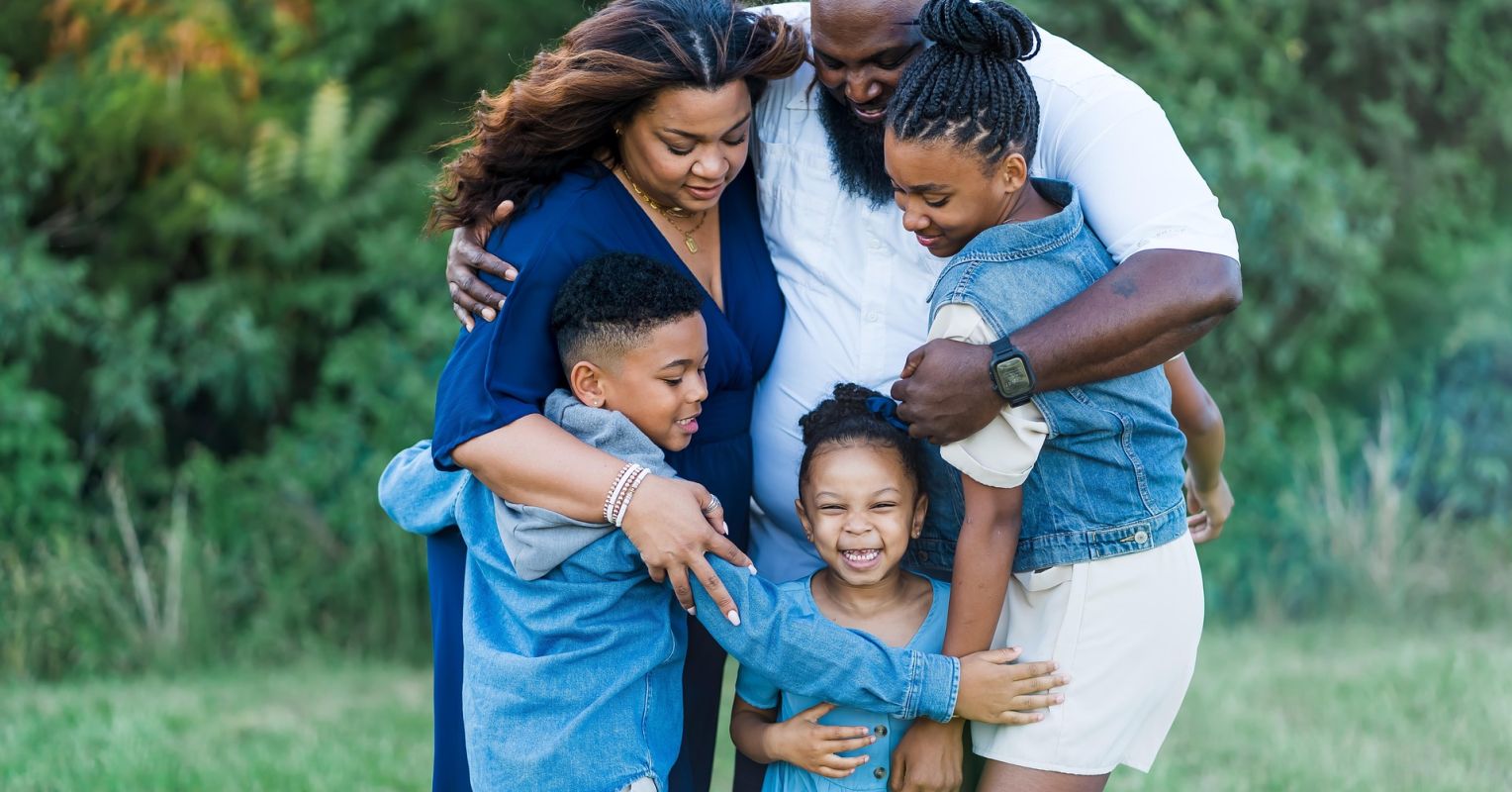
"I cannot stress this enough: The single most important factor in a young person's mental health is having strong, stable, nurturing relationships with caring adults. But here's the hard part - are we, as parents, truly being as supportive and nurturing as we think? When your child experiences a big emotion, how do you respond? Do they feel safe speaking without fear of judgment, criticism, or punishment?"
"Right now, only about 48% of families show the resilience and connection that most powerfully protect kids. Many parents are struggling more than ever: 41% say they're so stressed most days they "can't function". So when parents, mental health professionals, and educators ask me, "How do we help our children through these challenging times?", my answer often surprises them. The path begins with vulnerability and healing our own past wounds. Only then will we become less reactive, more grounded, and far more able to hold space for our children when they come to us with a problem. This is where lasting change begins - with us."
Strong, stable, nurturing relationships between parents and children most powerfully protect youth mental health, brain development, and resilience. Family attunement or biosynchrony—an honest, safe emotional connection—supports emotional regulation and healthy development. Current data show only about 48% of families have that protective resilience, while 41% of parents report such high stress they struggle to function. Parents who respond nonjudgmentally to big emotions create safety for children to share. Lasting change begins when parents address and heal their own wounds, become less reactive, and learn to hold space for children during distress, enabling open conversations about things that matter.
Read at Psychology Today
Unable to calculate read time
Collection
[
|
...
]